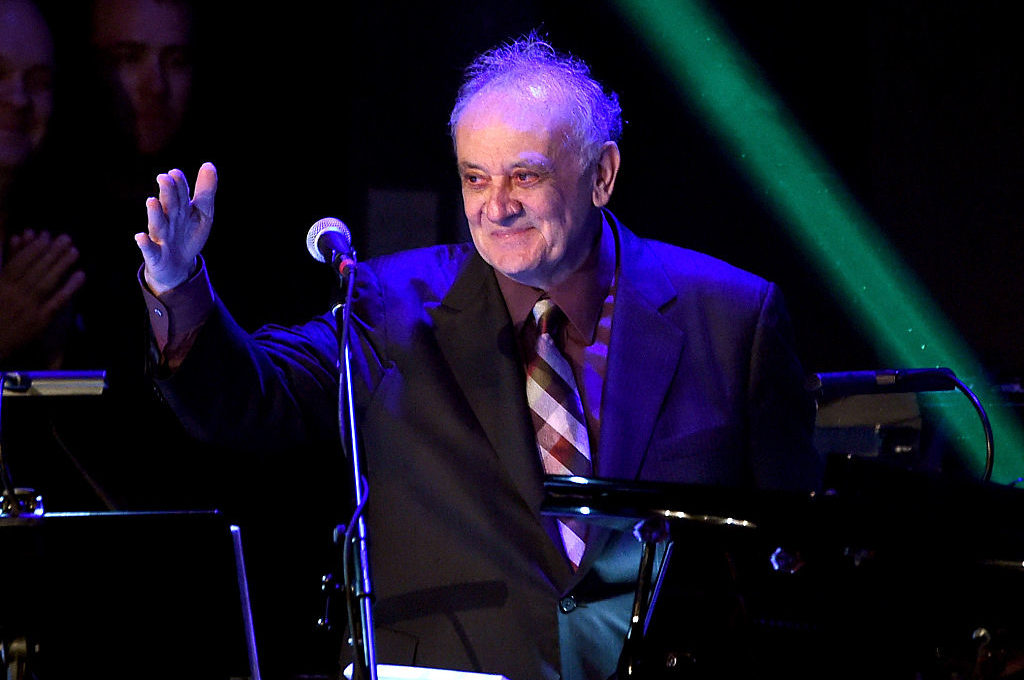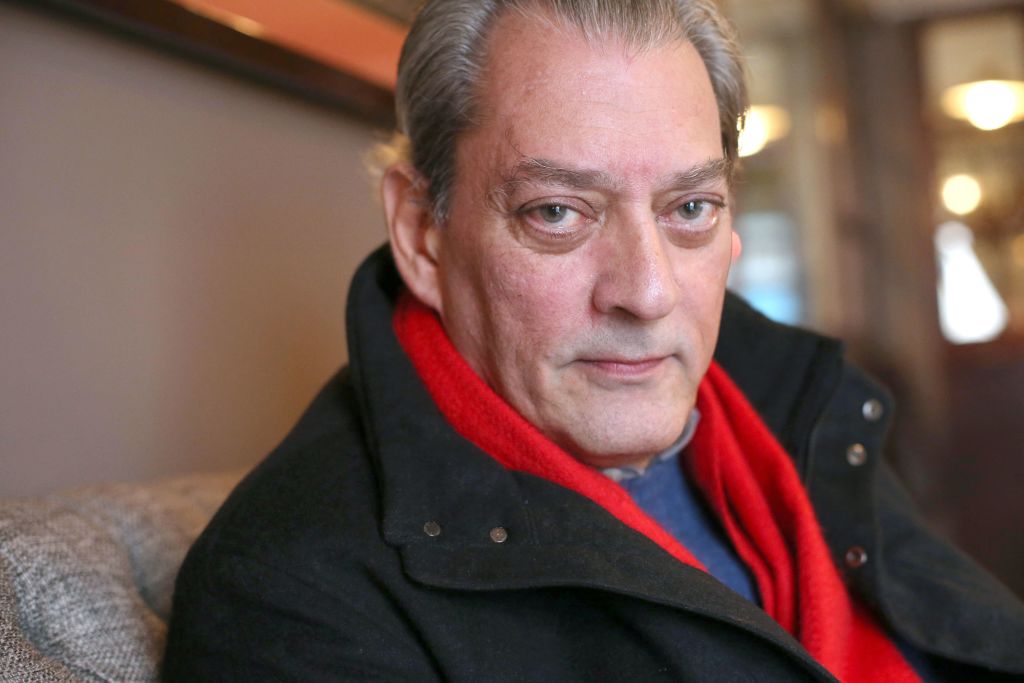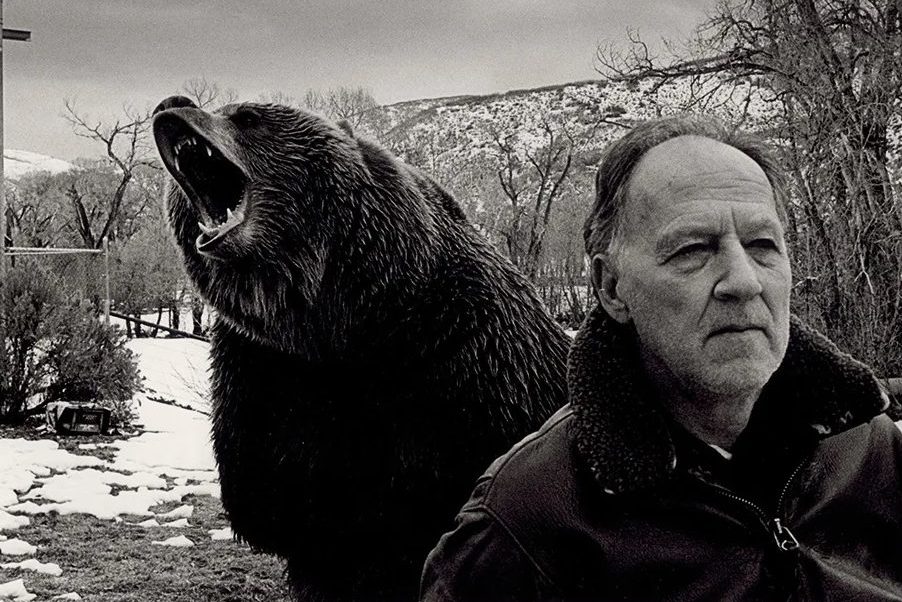Every film composer hopes that they will have at least one piece of music that they will always be synonymous with. (Some greedy bastards, such as John Williams and Hans Zimmer, have loads.) Whether it’s Henry Mancini’s Pink Panther theme, John Barry’s James Bond epics or, more recently, Howard Shore’s Lord of the Rings majesty, it’s a wonderful thing to have elevated a film or television series single-handedly with one’s scoring. And so it has proved with Angelo Badalamenti, who has died at the age of eighty-five.
His theme tune to his friend and frequent collaborator David Lynch’s Twin Peaks television series is the quintessential accompaniment to one of the most iconic shows that’s ever been made, combining beauty, menace and something uncanny — almost out of sight — in one shimmering, hypnotic piece of music.
So if Badalamenti had only ever composed the music for Twin Peaks, he should be mourned by all aficionados of soundtrack composition, and millions more. However, over the course of a multi-decade career, which began in earnest when he scored Lynch’s Blue Velvet in 1986, he became the go-to composer whenever a filmmaker wanted to evoke a sense of mystery, awe or unease.
Sometimes, the films that he worked on were distinguished; his work with the director Paul Schrader, his most notable collaborator after Lynch, produced memorable scores for his films The Comfort of Strangers and Auto Focus; he contributed a particularly fine soundtrack to Jean-Pierre Jeunet’s A Very Long Engagement.
Sometimes, the pictures were terrible. Nobody ever needs to see the Nicolas Cage travesty remake of The Wicker Man or A Nightmare On Elm Street 3: Dream Warriors. But to ignore Badalamenti’s subtle, often fascinating work — considerably better than the dreadful films they accompany — would be a great pity.
He was always beloved by the counter-cultural and rock musicians, many of whom idolized Lynch and his house composer, so it’s unsurprising that some of his most notable scores came for films with carefully curated selections of songs — such as Lost Highway and The Beach — and his moody, evocative music always held its own among such company. And perhaps inevitably, he was much sought-after by many of these songwriters for collaborations. He briefly formed a band with James lead singer Tim Booth — Booth and the Bad Angel — and memorably collaborated with the Pet Shop Boys on string arrangements for their masterpiece Behaviour, with David Bowie for a grim, glum take on the Gershwin standard “A Foggy Day in London Town” and Marianne Faithfull’s orchestral album A Secret Life. You can only imagine every hyped-up producer or musician shouting “Get me Badalamenti!” They knew that the results would always be peerless.
Yet it will always be his work with Lynch that dominates and defines his legacy. Many of his greatest and most subtle scores were done for the director, in one of the great composer-filmmaker partnerships of the twentieth and twenty-first centuries. It is hard to imagine Twin Peaks, Mulholland Drive, Lost Highway and the rest without Badalamenti’s music, and it was perhaps the most touching homage of all that, when Lynch was doing his daily “Weather Report,” the simple tribute that he paid to the composer was “Today, no music. RIP Angelo Badalamenti.”

























